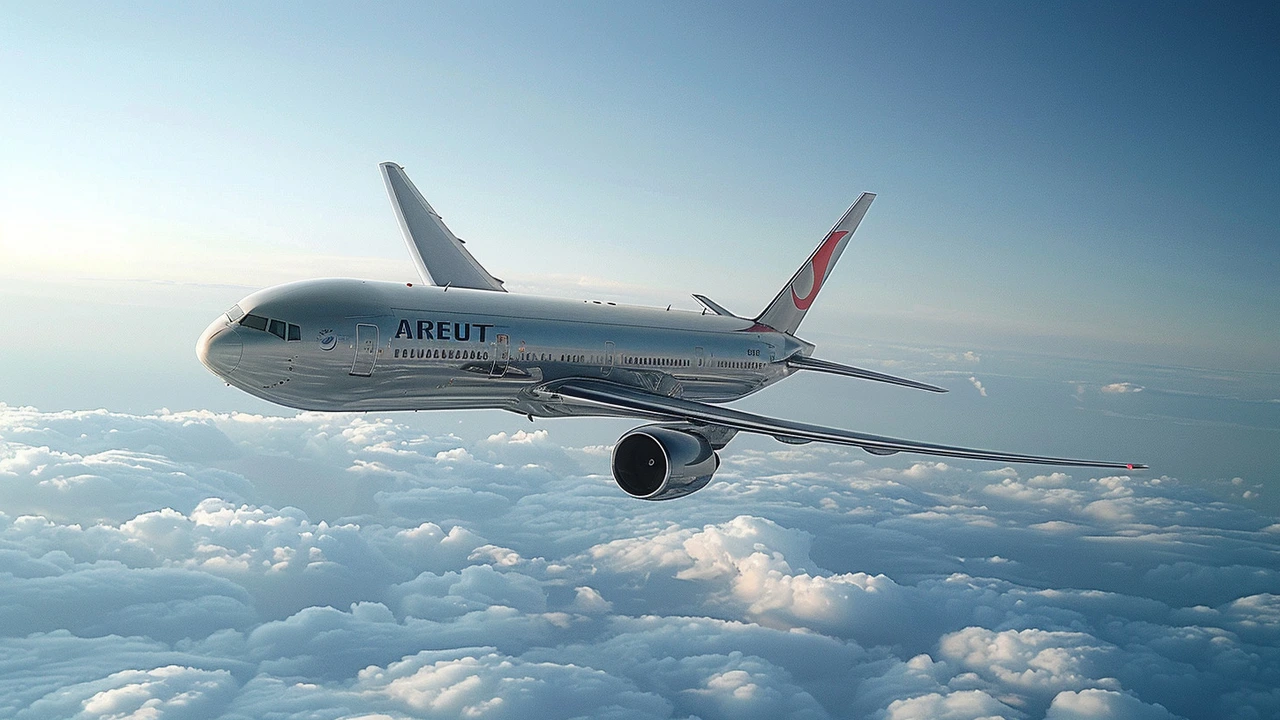Aerospace Safety: What You Need to Know Right Now
Aerospace safety isn't just about avoiding crashes; it's about creating a system where flying is as safe and smooth as possible. Every day, experts work behind the scenes on strict rules, new technology, and training that protect passengers and crew from risks that could happen anywhere, anytime.
Aircraft are complex machines operating in challenging environments. From takeoff to landing, each step involves precise procedures, technology checks, and communication protocols designed to reduce human error and technical failures. Even weather changes or runway conditions come under constant watch with advanced monitoring systems. This tight control reduces accidents and keeps flights on track.
Why Aerospace Safety Matters More Than Ever
With increasing flights worldwide, aerospace safety is a top priority. Airlines and authorities invest heavily in safety improvements — like better cockpit designs, automated warning systems, and drone inspections. These innovations help catch any problems early, preventing them before they affect flights. Also, pilot training focuses on handling emergencies calmly and efficiently, which is crucial for safety.
How Aerospace Incidents Are Handled
When incidents occur, there's a strong system to investigate the causes. Teams analyze everything from equipment conditions to pilot decisions and external factors. The goal is to learn fast and share lessons globally, making flying safer everywhere. You might also hear about regulatory updates that follow investigations, such as new rules or tech upgrades. So, aerospace safety keeps evolving, adapting quickly to new challenges.
Whether you’re a frequent flyer or just curious, understanding aerospace safety helps you appreciate all the work involved in keeping flights secure. Next time you board a plane, remember the many layers of protection in place—not luck. It’s a complex effort making air travel among the safest ways to get around the world.
The recent deaths of two Boeing-linked whistleblowers, Joshua Dean and John Barnett, have intensified scrutiny on Boeing's manufacturing practices. Both individuals had raised significant safety concerns relating to Boeing jets before their untimely deaths.


 Sports
Sports